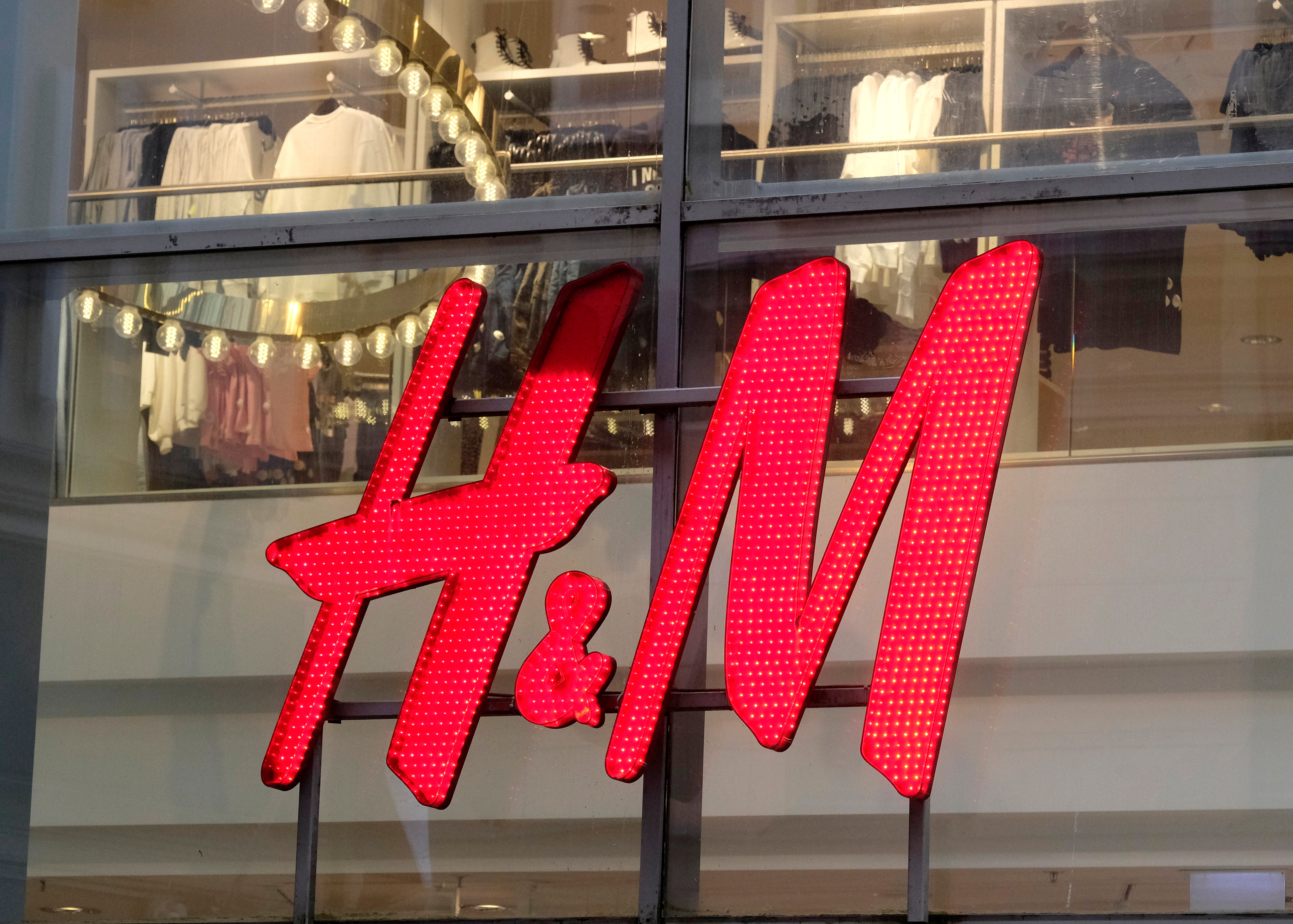H&M Group and the New York nonprofit, Slow Factory, have embarked on a transformative five-year partnership aimed at driving industry-wide change, with a strong emphasis on championing human rights and climate justice.
This groundbreaking collaboration emerged following a momentous decision by H&M's U.S.-based employees, who voted to allocate funds from a new "employee activism" initiative to support Slow Factory's essential work in the realms of social and environmental justice, particularly within communities of color.
Slow Factory's Visionary Initiatives Supported by H&M
Though the precise extent of H&M's financial commitment remains undisclosed, the funds will be channeled toward empowering Slow Factory's visionary "building blocks" for systemic transformation. These building blocks encompass a range of initiatives, including the development of a comprehensive, freely accessible "Open Edu" climate education series, the promotion of circular and regenerative design models, and efforts, spearheaded by Slow Factory Labs, to pioneer fossil-free materials, such as their innovative leather alternative, Slowhide.
Additionally, the nonprofit aspires to establish a physical "climate school" with a curriculum designed to spotlight sustainable product development, systemic racism and politics, climate justice, and the concept of "collective healing."
Abi Kammerzell, Head of Sustainability at H&M North America, emphasized the necessity of changing the way fashion and clothing are produced and consumed and highlighted H&M's unique position to drive this transformation. She acknowledged Slow Factory's role in invigorating North America's shift toward a circular business model and stressed the importance of collaboration to make a positive impact on both people and the planet.
Slow Factory has also invited H&M, the world's second-largest fashion retailer, to join its "Fund for Systemic Change." This initiative aims to raise $100 million to support the development of "infrastructure and alternative systems."

Addressing Critical Issues and Reshaping the Industry
These efforts are particularly focused on addressing critical issues such as waste-to-resource solutions, material science innovations, and new technologies that directly combat climate change, enhance human rights practices, and facilitate cultural shifts. The ultimate objective is to invest in reshaping the industry's status quo while identifying strategies that mitigate harm, particularly in regions like the global South, which are disproportionately affected by extreme heat, flooding, and pollution.
Céline Semaan, co-founder of Slow Factory with her husband Colin Vernon, underscored the importance of prioritizing systemic solutions rather than superficial remedies, highlighting that many efforts often act as temporary fixes instead of directly addressing harmful systemic issues.
She stressed the urgency of concentrating on systemic change through appropriate funding, asserting that authentic transformation arises when systemic understanding becomes widespread, and financial support aligns with brands' values. Semaan conveyed enthusiasm for collaborating with individuals dedicated to driving systemic change and reshaping the fashion industry.
Elevating Material Standards
H&M also strives to maintain responsible sourcing practices in its supply chain. Materials falling within the higher categories undergo third-party certification. In cases where no existing third-party certifications are available, the company actively supports the development of new standards to ensure responsible sourcing.
In the context of recycled materials, two distinct approaches are employed: a certified supply chain and collaboration with Global Recycle Standard-certified manufacturers utilizing chemical tracers to verify recycled content. Its portfolio of material certifications includes globally recognized standards such as the Organic Content Standard (OCS), Recycled Claim Standard (RCS), Responsible Wool Standard (RWS), Responsible Down Standard (RDS), and the Forest Stewardship Council (FSC).
